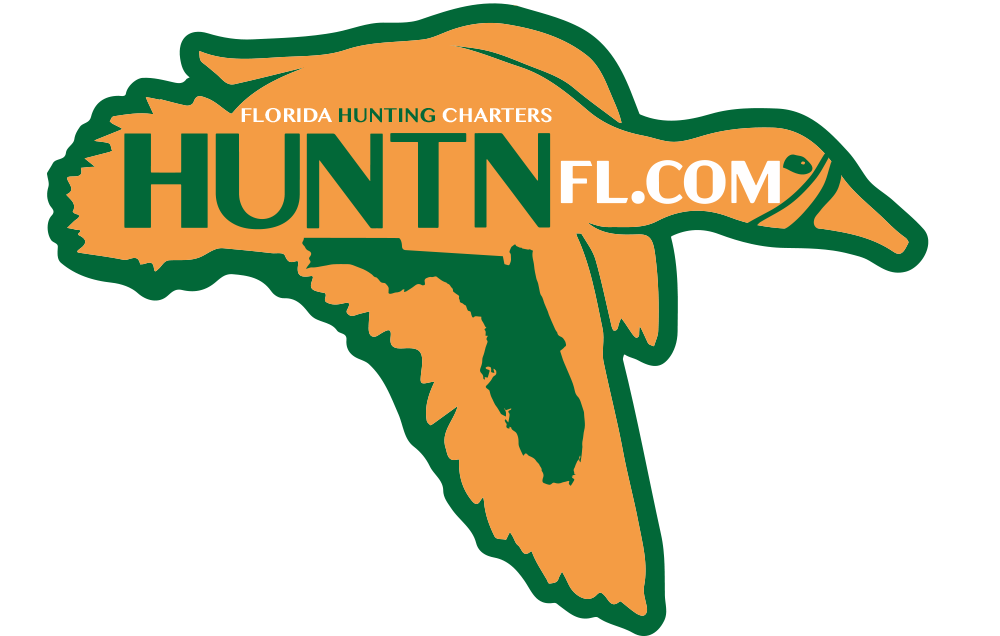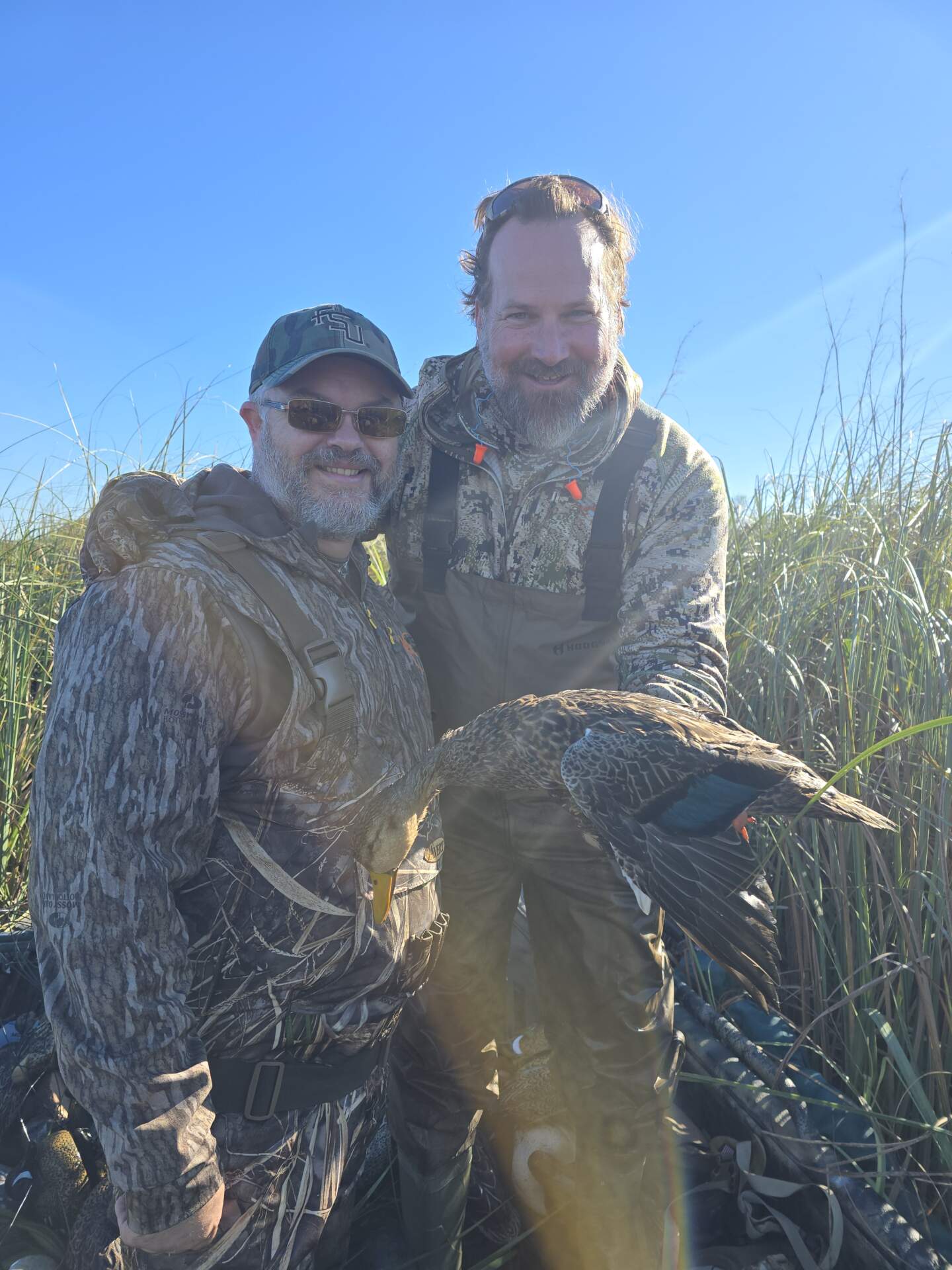The cost of hunting in Florida depends on multiple factors, including skill level, access to land, and the type of game being pursued. While some hunters spend very little, relying on experience and minimal gear, others invest heavily in equipment, access fees, and additional resources. The more experienced a hunter is, the less they typically need to spend, while those with limited skills often require more gear, preparation, and outside assistance to have a successful hunt.
The Role of Skill Level in Cost
Skill level plays a significant role in determining how much a hunter needs to spend. Experienced hunters, particularly those who have spent years scouting, tracking, and field-dressing game, often rely on fewer resources. They may be comfortable hunting on public land, using only basic gear, and processing their own game.
For beginners, the cost can be much higher. Lack of experience means a greater reliance on high-end equipment, such as advanced optics, calls, scent control systems, and detailed mapping software. They may also need more practice rounds at the range, additional scouting trips, and guidance from more experienced hunters. In many cases, first-time hunters spend significantly more just to ensure they have everything necessary to compensate for their lack of skill in the field.
Gear and Equipment
Hunting gear can range from minimal essentials to high-end setups with every possible advantage. A more experienced hunter often requires less gear because they rely on skill rather than equipment. For example, someone who understands animal behavior and terrain navigation may not need GPS devices, scent-control sprays, or expensive game calls. Their ability to track efficiently reduces the need for bait or attractants, and their marksmanship means they may require fewer practice rounds or high-end optics. Additionally, experienced hunters often process their own game rather than paying for butchering services, further cutting down costs.
A seasoned hunter who knows the terrain and behavior of the game may carry only a reliable firearm or bow, basic camouflage, and a sharp knife. In contrast, a less experienced hunter may compensate with expensive rangefinders, scent-eliminating sprays, GPS systems, and specialized clothing to improve their chances. While these tools can be helpful, they are not substitutes for skill, and a dependence on them can drive up costs significantly.
Common hunting gear expenses include:
- Firearm or bow
- Ammunition or arrows
- Hunting license and permits
- Optics (scopes, binoculars, rangefinders)
- Camouflage and scent control gear
- Game calls and attractants
- Field dressing equipment
- Tree stands or blinds
- Coolers and storage for harvested game
Many of these costs are optional for highly skilled hunters but become necessities for those who are still learning or lack confidence in their abilities.
Access to Hunting Land
Where a hunter chooses to hunt can also have a major impact on cost. Florida offers a mix of public and private land hunting opportunities. Public lands, including state wildlife management areas (WMAs), provide affordable access but require more scouting, patience, and skill to be successful due to increased hunting pressure. Those with the experience to locate and track game efficiently can take advantage of these lower-cost options.
On the other hand, private land hunts often come with fees for access, whether through a hunting lease, a day hunt, or a membership in a hunting club. These private land opportunities can increase success rates but come at a higher cost. Hunters who lack the skill or time to effectively locate game on public land may find themselves paying more for easier access to well-managed hunting areas.
Additional Costs and Considerations
Beyond gear and access, other factors can affect the overall cost of a hunt. Hunters who process their own game save on processing fees, while those who rely on taxidermists or meat processors will have additional expenses. Travel costs also vary depending on whether the hunting location is nearby or requires extensive travel and lodging.
Even experienced hunters may choose to spend more on comfort and convenience, such as upgraded blinds, better ammunition, or high-performance clothing. However, these are choices rather than necessities. The reality is that the less experience a hunter has, the more likely they are to need additional gear, resources, and services to have a successful hunt.
Finding the Right Balance
Ultimately, the cost of hunting in Florida comes down to how much skill a hunter has, how much they are willing to rely on equipment, and what type of experience they want. A highly experienced hunter can go into the woods with minimal gear, hunt on public land, and process their own game, keeping costs low. Someone new to hunting, or those who want a more convenient experience, may find themselves investing more in gear, land access, and outside help to improve their chances of success.
For those who lack the necessary knowledge or equipment, a guided hunt can be a cost-effective choice. A guide provides expertise, access to prime hunting locations, and often supplies necessary gear, reducing the need for a beginner to make significant upfront investments. Even experienced hunters may find value in guided hunts when exploring new terrain where they lack familiarity or when they want to focus on the hunt itself without the additional effort of scouting and preparation. In these cases, paying for guidance can be a practical way to improve efficiency and overall success.
Understanding these factors allows hunters to make informed decisions about what is necessary and what is optional, ensuring that they get the most out of their hunting experience while managing costs effectively.

